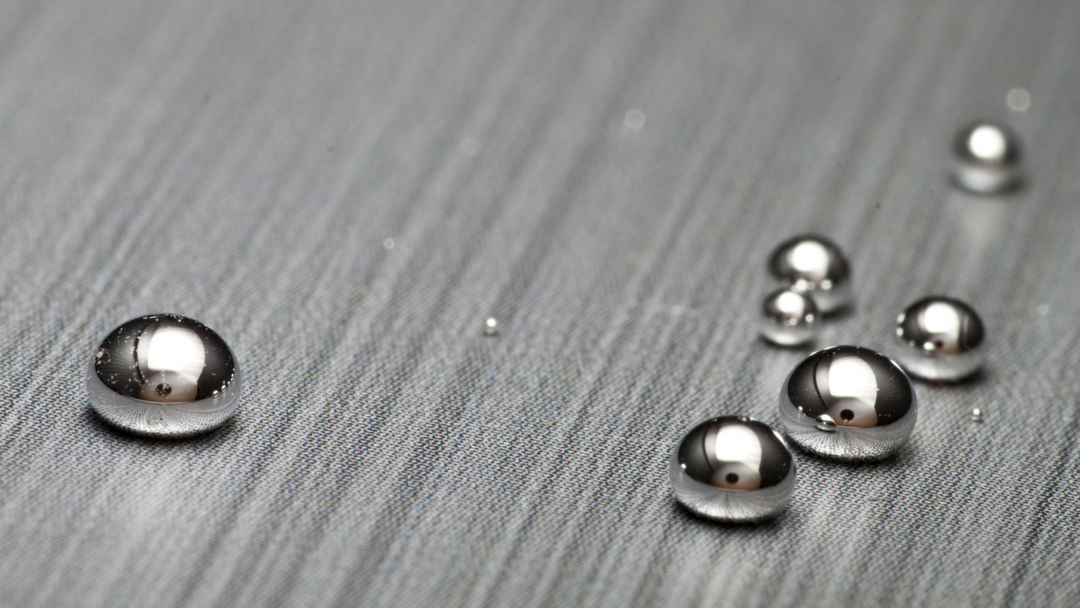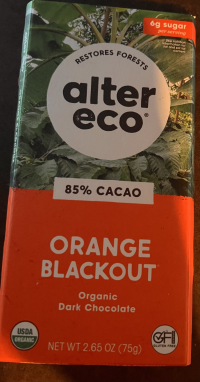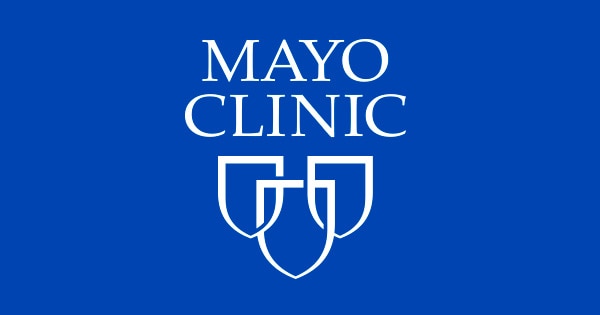Rinse & rePeat
Member
- Joined
- Mar 10, 2021
- Messages
- 21,521
I don’t eat chocolate all the time for the same reason you avoid it….That sounds delicious! And even more so if it gave you some really good sleep. How did you make it? I am particularly interested in the chocolate you use. Since reading more about cadmium in dark chocolate I have stopped eating it. But I do miss it - I used to eat a couple of squares at night. The last two days, I have made some oatbran for breakfast to keep myself warm and each time I added a tbsp of raw cacao powder into it. Very nice! It has made me think about chocolate again ... :)

Dietary Strategies for the Treatment of Cadmium and Lead Toxicity
Cadmium (Cd) and lead (Pb) are toxic heavy metals that cause adverse health effects in humans and animals. Chelation therapy, the conventional treatment for heavy metal toxicity, is reported to have a number of safety and efficacy issues. Recent studies ...
Some of the most common toxic metals humans routinely come into contact with are lead, cadmium, chromium, and arsenic. Common sources of exposure include:
– Cigarette smoking (cadmium)
– Pollution from fossil fuel combustion and/or vehicular exhaust
– Paint and/or pipes in old buildings (lead)
– Drinking water (arsenic, lead)
– Fish (mercury)
– Plants grown in polluted soil
– Indoor dust in homes, schools, and work places
– Cosmetics

Fight Heavy Metals with Essential Minerals
Heavy metals affect almost every organ and body system, which can lead to wide-ranging health problems. Although heavy metals might be difficult to excrete, it is possible to reduce your load and mitigate the negative effects.








